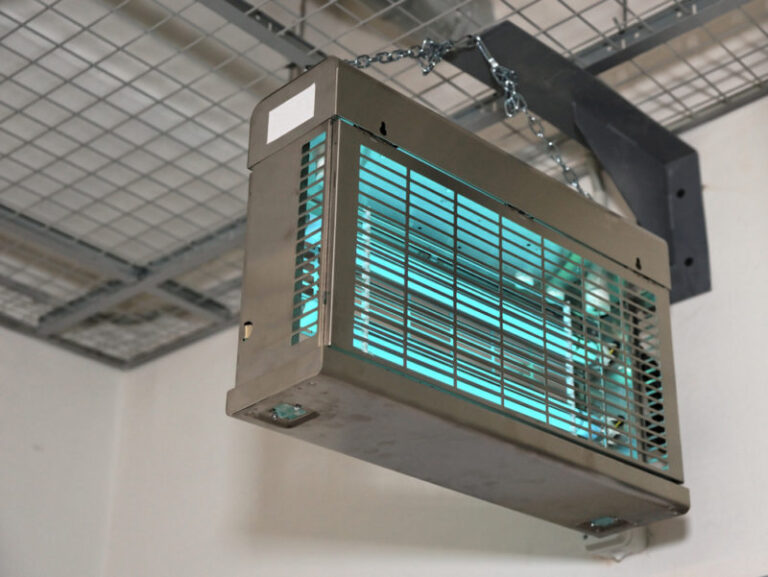The air in your Johns Island, South Carolina, home is often more polluted than the outdoor air, making your allergies worse. Improving indoor air quality through filter replacement, regular maintenance, and installation of air cleaners and UV lamps helps reduce asthma symptoms.
Filter Replacement
An HVAC filter removes dust particles from the air entering into the system. This not only prevents the internal components of your equipment from getting dirty but also makes breathing easier for asthma patients. However, as the air filter gets clogged over time, its efficiency in cleaning the air reduces. Be sure to change your HVAC filter regularly in order to have continuous circulation of clean air. The lifespan of the filter depends upon its type and usage, but mostly, you should change it every month.
The efficiency of an HVAC filter is measured in terms of MERV rating. Though you may want to go with the best type of filter with highest MERV rating, make sure that the filter you buy is compatible with your system.
Regular Maintenance
Dust, mold, odor, and animal dander are the common triggers of asthma. An unmaintained HVAC system gathers all these contaminants that may become airborne and trigger asthma attacks. Clean your equipment regularly. If the unit smells musty, get it checked for mold growth. Scheduling a regular HVAC maintenance by a trained technician is a great way to minimize allergens and get suggestions on improving your indoor air quality.
UV Lamps and Air Purifiers
A UV lamp kills and inhibits the growth of mold, bacteria, and other microbes inside the HVAC system. It’s usually placed either near the coils or in the return air duct. An air purifier, on the other hand, traps the micron-sized pathogens and fungi that manage to sneak through the air filter and kills them through electrical charge. Both a UV lamp and air purifier are essential HVAC accessories for households with asthma members.
M & B Heating and Air can help you improve your indoor air quality and optimize it for your asthma-suffering family members. Call us at 843-628-1775 for further information.
Image provided by Shutterstock


